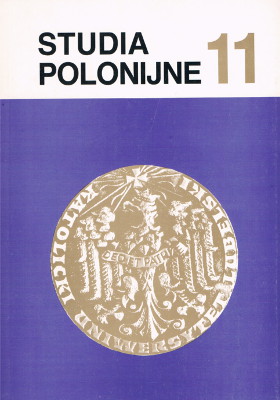Pastoral Care and the Ethnic Identity of Emigrants
Main Article Content
Abstract
The relation of pastoral activity to the ethnic identity of emigrants is a current problem. In order to define the model of this relation the Church takes into consideration two basic criteria: the dignity of a person and the unity of the Church. These criteria are, as it were, two poles orientating the Church's teaching and activity in this matter.
Hence, four principles can be drawn according to which the pastoral activity: a. respects and strengthens the ethnic identity of emigrants; b. facilitates the openness of the ethnic groups to other societies; c. supports the Church's integration which contributes to the development of the original identity; d. rejects extreme and nationalistic attitudes, e.g.an artificial uniformism (assimilation), or false particularism.
The influence of pastoral care on ethnic identity is a complex and many-levelled process. The following pastoral factors play a decisive role here: a. Catholic religion itself which is a symbiosis of faith and culture (inculturation of faith); b. pastoral ministration which has a certain cultural function in the emigrant environment; c. an ethnic parish which integrates the society of emigrants; d. an ethnic priest who is the leader and spiritual patron of the ethnic fellowship; e. different groups and Church institutions which respectively protect and develop the ethnic identity of emigrants.

